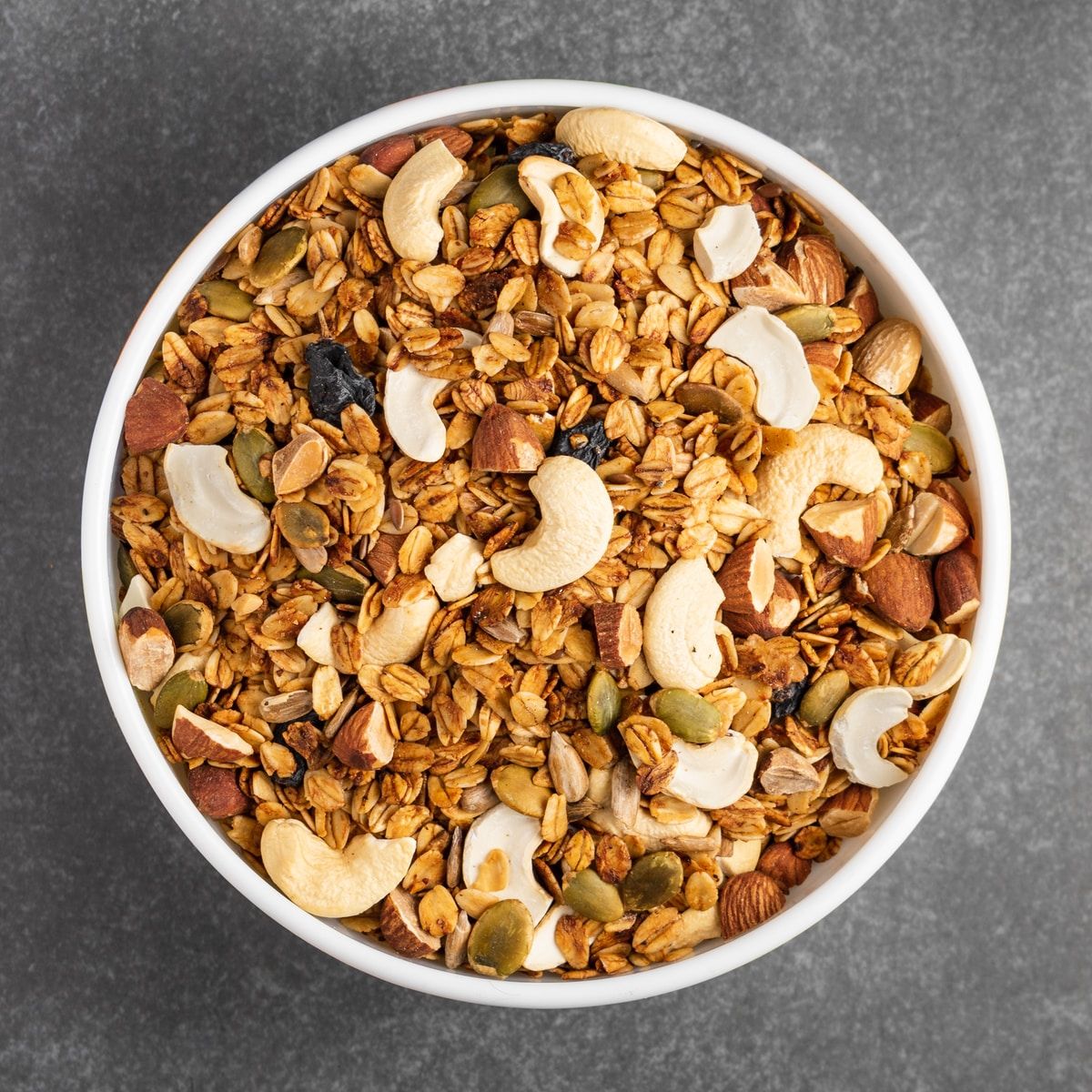
Gastric Sleeve and Gastric Bypass: The Difference
Bariatric surgery is a recognized and effective method for weight loss. For individuals who have tried all other ways to lose weight and still don’t get the desired results, bariatric surgery is the option. Bariatric surgery provides a long-term and efficient way of weight loss. There is a criterion set for those qualifying for bariatric surgery procedures.
Who is this surgery for?
The following criteria should be met for this surgical procedure:
- BMI of or more than 37.5kg/m2
- BMI of more than 32.5kg/m2 along with medical conditions like diabetes type two, hypertension, hyperlipidemia, cardiovascular disease, sleep apnea, PCOS, etc.
- This procedure is performed both by modern laparoscopic technique. Small cuts are made in the abdomen, and specialized tools and cameras are inserted through incisions to operate.
Two essential types of surgery are sleeve gastrectomy and gastric bypass surgery. So what is the difference between Gastric Sleeve and Gastric Bypass?
Sleeve gastrectomy
Sleeve gastrectomy is a type of limiting surgical procedure in which the surgeon operates on a large part of the stomach that is the fundus to remove it. A sleeve-shaped stomach is left at the end of the surgery, similar to the size and shape of a banana. This method restricts the amount of food consumption, both by physical reduction of the storage capacity and by reducing hunger hormones’ stimulation. Thus, this procedure treats obesity and related disorders like hypertension, diabetes and heart diseases, etc.
What do you need to do?
It would be preeminent if you were sure of the decision you are making for the surgery. Weight loss by bariatric surgery isn’t just a simple procedure. This is a life-changing procedure. For this purpose, you need to make specific lifestyle changes both before and after surgery for better surgical outcomes.
Before surgery, you need to give up your habits of alcohol and tobacco consumption and smoking. It would help if you also started with your physical activity training.
After surgery, you need to accept and introduce specific dietary changes and work up physical activity to maintain your fitness. Follow-ups after surgery are essential for your post-operative assessment as it helps you keep going.
Risks and complications
Some risks of sleeve gastrectomy include the following:
- Internal bleeding, maybe profuse
- Blood clots
- Gall stones (due to rapid weight loss)
- Wound infection
- Leakage from the stomach lining.
Risk of death 2 in 1000
Gastric bypass surgery
Gastric bypass surgery is another type of surgical procedure in which the surgeon creates a small new pouch and connects it directly to the distal part of the small intestine. Hence allowing the food to bypass the stomach and proximal portion of the small intestine. This is also called the Roux-en-Y procedure. This method also produces hormonal changes and limits food absorption.
What do you need to do?
This surgical procedure is meant for the aim of weight loss. Hence it is essential that one understands the purpose and works to fulfill it. You need to make specific lifestyle changes both before and after the surgery.
Before surgery, you need to give up your bad habits of alcohol and smoking. Also, it would help if you started with your physical activity training.
After surgery, follow-ups are essential for the post-operative assessment. Specific dietary changes and advice related to physical activity should be followed strictly.
Risks and complications
Some risks for gastric bypass surgery include the following:
- Dumping syndrome
- Gall stones (due to rapid weight loss)
- Pouch or bowel obstruction
- Wound Infection
- Perforation of the stomach and small intestine
- Protein or calorie malnutrition
Read More: Bariatric Surgery Risks and Rewards
Conclusion
Bariatric surgery is a well-known and efficient method of weight-loss surgical procedure. It provides practical long-term effects. Sleeve gastrectomy and gastric bypass surgery are ways of performing the procedures. Both have minimal complications. Proper and monitored post-operative management is essential for the desired long-term effect of surgery.







